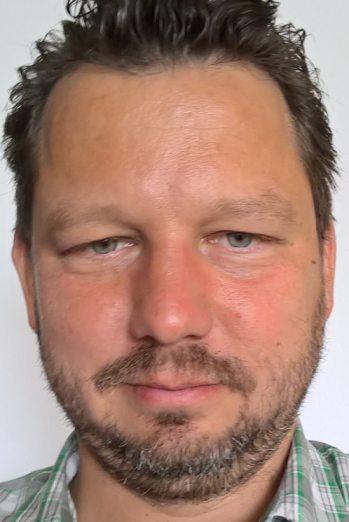Juraj Buzalka
I argue that since the enlargement of European Union in 2004 in new member countries have been developing patterns of reactionary politics growing out of what I characterize as post-peasant populism. The key for understanding this politics in New Europe, especially of the growth of its extreme form, must be analyzed particularly in relation to legacy of socialist modernization and specific effects of ‘great transformation’ under European integration. The major empirical focus is on the bulk of citizens who are connected to the countryside and feel that real power in society shall be defined and based there. Rustically romantic, but truly calculative followers of post-socialist capitalism, they make good sense of life in advanced European Union.

